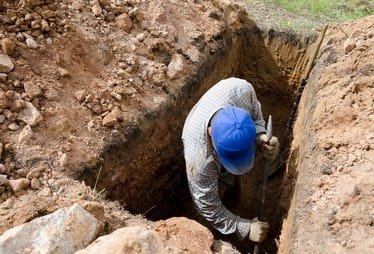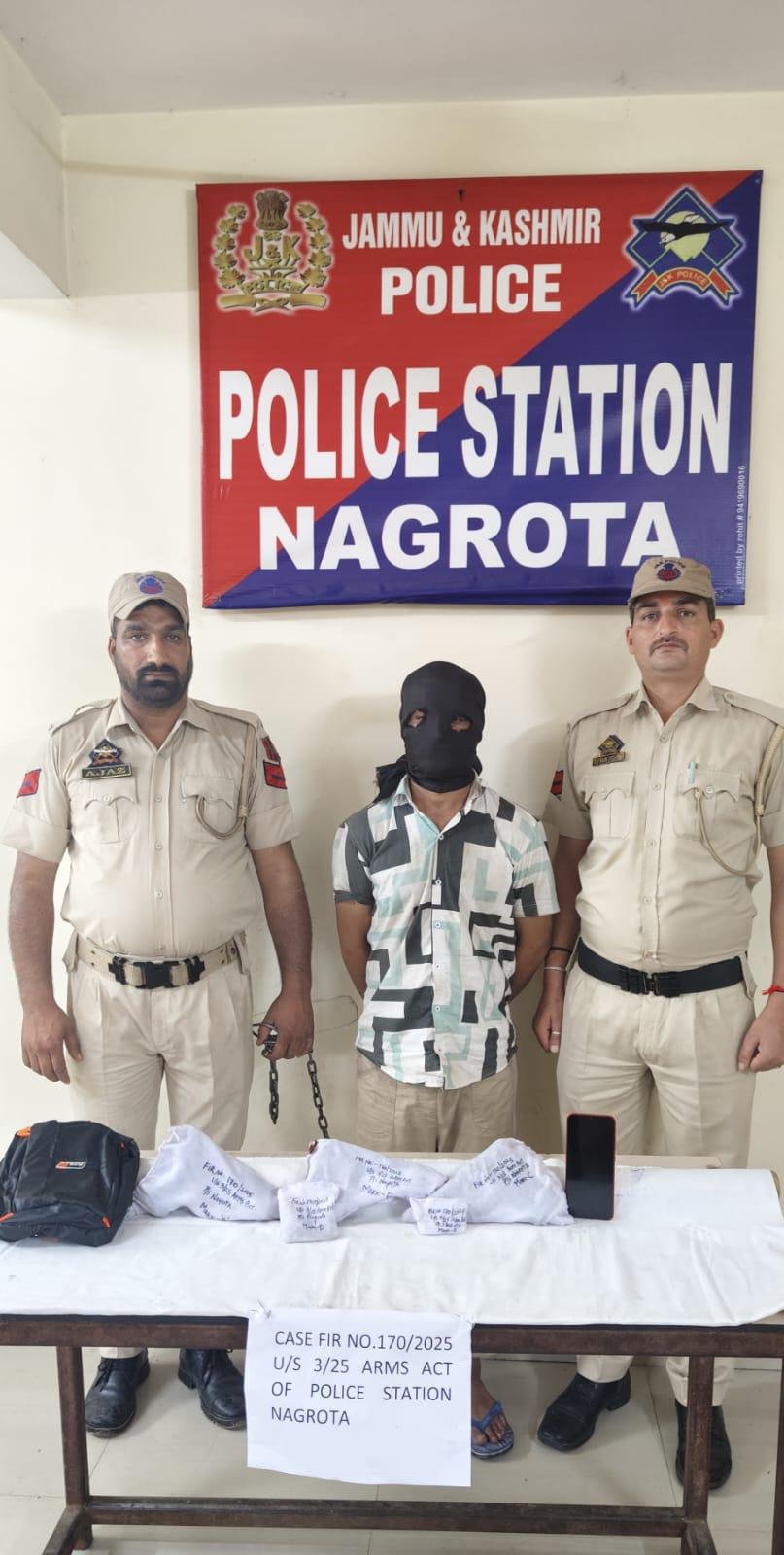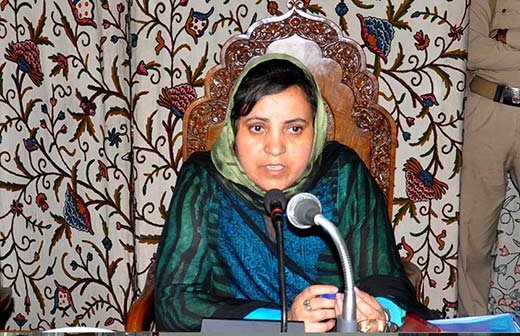Diplomat Correspondent
Srinagar, (DD): A silent yet grave crisis is unfolding across Srinagar as several localities report an acute shortage of grave diggers, threatening to overwhelm the city’s burial system and delay last rites for the deceased—especially in densely populated areas like Downtown, Batmaloo and Eidgah.
According to local residents and graveyard caretakers, the number of active grave diggers has dwindled drastically over the past few years. Once a readily available service, families now often struggle to find someone willing or able to dig graves—sometimes waiting hours or even an entire day to complete the funeral process.
“Earlier, a grave could be dug within an hour of someone passing away. Now, we are forced to wait for five to six hours—sometimes till the next morning,” said Mohammad Yousuf, caretaker of the Malkha graveyard near Nowhatta. “There are only two regular diggers left in our area, and they are aging fast.”
This shortage is particularly alarming given Srinagar’s rising population and frequent seasonal mortality spikes, especially during winter and periods of disease outbreaks. The lack of skilled grave diggers—locally referred to as “Qabr Khudnewale”—is being attributed to a combination of social stigma, meagre earnings, and the absence of institutional support.
Unsung, Underpaid, and Overworked
Grave digging, though essential, remains a socially marginalized profession in Kashmir. Most diggers earn between Rs 2000 to Rs 2500 per grave, while some families, unaware of the actual rates, end up paying middlemen Rs 1,000 or more. The work is physically grueling, often done manually, and receives little to no backing from municipal authorities.
“Nobody wants to be a grave digger anymore,” says 63-year-old Siraj-ud-Din Hafiz, one of the city’s longest-serving diggers from Zadibal. “I’ve been doing this for over 40 years, but I don’t see anyone from the next generation ready to take over. We are treated as untouchables until someone dies.”
Community leaders and civil society groups are now urging the Srinagar Municipal Corporation (SMC) and Waqf Board to recognize grave digging as a formalized public service. Suggestions include regular monthly stipends, training of youth under employment schemes, and dignity-based sensitization campaigns.
“This is not just a logistical crisis—it’s a humanitarian one,” said Advocate Tariq Rather, a social activist from Nowshera. “Timely burial is a religious and cultural obligation. If authorities can deploy sanitation workers on emergency basis, why not ensure grave diggers too?”
An official from SMC, speaking on condition of anonymity, admitted there has been no dedicated policy for managing burial infrastructure or labor in the city. “We’ve relied entirely on local Mohalla committees and volunteers. Maybe it’s time to rethink that.”
As Srinagar expands and its urban challenges mount, the shortage of grave diggers may be the most overlooked sign of a larger municipal failure—one that touches every household at its most vulnerable moment. Until a formal system is introduced, the city’s last responders will continue to dig not just graves, but also through the weight of indifference(DD)




